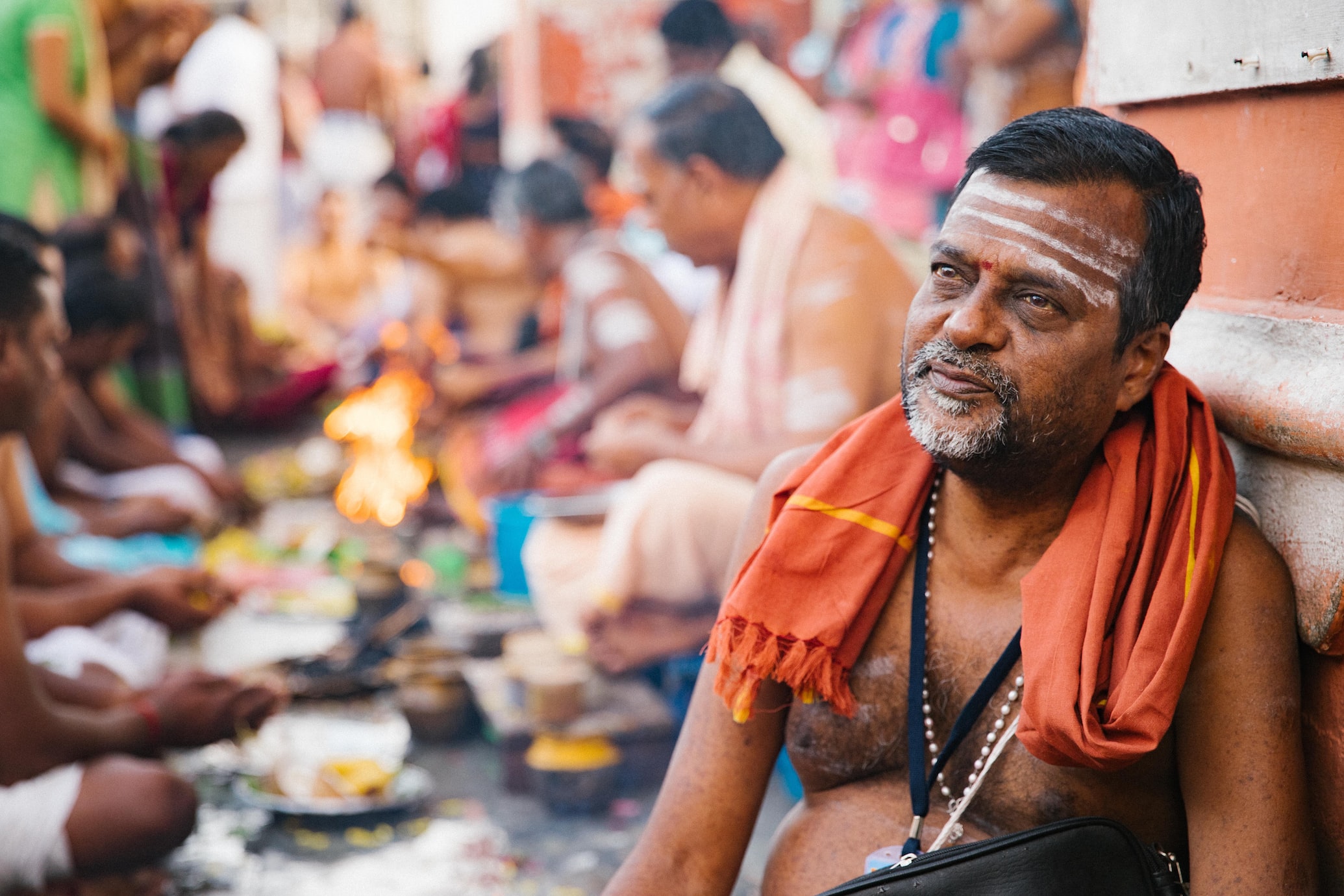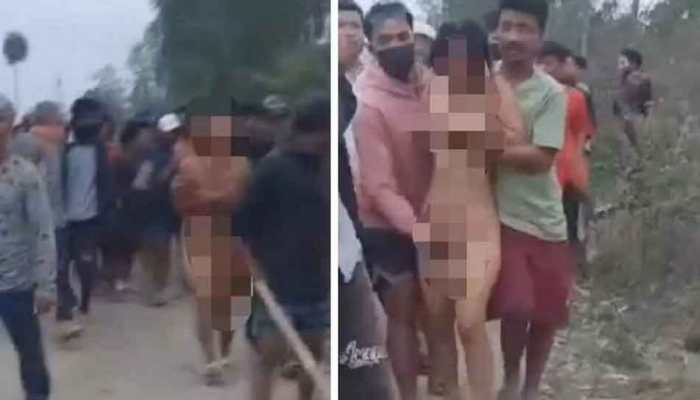Narendra Modi, the Prime Minister of India, is facing severe backlash from the international community following allegations that his administration allowed bloodthirsty Hindu extremist mobs to propagate acts of violence and hate in minority communities. These incidents have involved the destruction of religious buildings and the targeted lynching of religious leaders.
The criticism has escalated due to the apparent inaction of the government in response to these incidents. Several instances of Hindu extremist groups rallying around calls for ethnic cleansing have been reported, with these groups allegedly being responsible for shocking acts of violence, such as the recent scandal involving the rape and public humiliation of Christian women.
The international community has raised concerns about the lack of swift action from the Modi administration in addressing these grave issues. Weeks passed before Modi issued a statement, in which he described the incidents as not being a good thing. This delayed response has been widely perceived as a desperate attempt to salvage his image on the global stage.
World leaders from various countries have voiced their opinions, with many expressing the view that Modi bears some degree of responsibility for allowing these incidents to continue unchecked. The prolonged silence from the Indian government has sparked outrage and deep concern, raising questions about its commitment to protecting minority rights and its role in desecrating social harmony.
As pressure mounts, the Modi administration finds itself grappling with international condemnation and calls for a more proactive approach to quelling the violence and holding perpetrators accountable. The ongoing crisis has not only sparked outrage across the globe but has also highlighted the challenges of balancing political priorities, domestic concerns, and international reputation.


